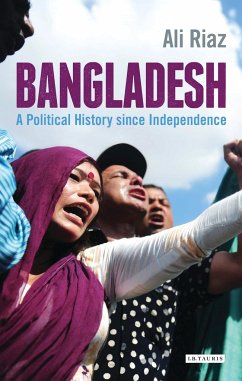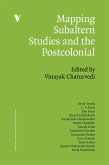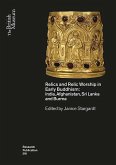Bangladesh is a country of paradoxes. The eighth most populous country of the world, it has attracted considerable attention from the international media and western policy-makers in recent years, often for the wrong reasons: corruption, natural disasters caused by its precarious geographical location, and volatile political situations with several military coups, following its independence from Pakistan in 1971. Institutional corruption, growing religious intolerance and Islamist militancy have reflected the weakness of the state and undermined its capacity. Yet the country has demonstrated significant economic potential and has achieved successes in areas such as female education, population control and reductions in child mortality. Ali Riaz here examines the political processes which engendered these paradoxical tendencies, taking into account the problems of democratization and the effects this has had, and will continue to have, in the wider South Asian region. This comprehensive and unique overview of political and historical developments in Bangladesh since 1971 will provide essential reading for observers of Bangladesh and South Asia.








